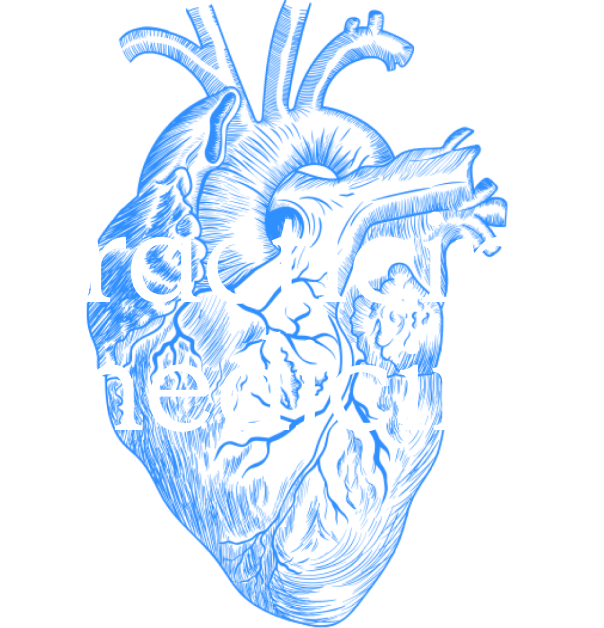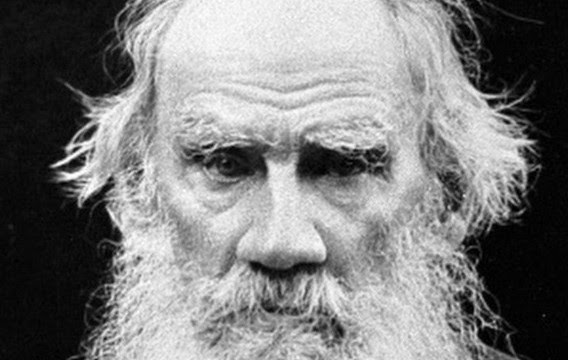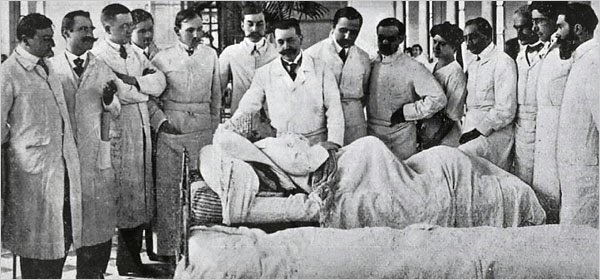April 2, 2014
Olfactory Adjustments
There’s no question that one of the most difficult things to get used to about the hospital is the smell — or, rather, the smells. This is especially true on a surgery service where many patients undergo multiple operations. Some need a leg or foot amputated. Others need open abdominal surgery and can’t control their bowel...


